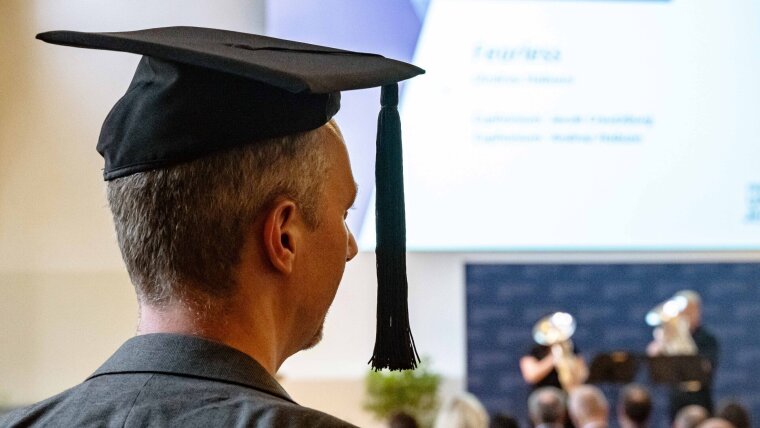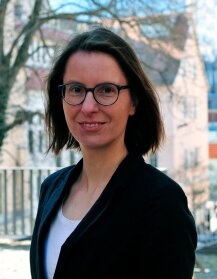
Published: | By: Sebastian Hollstein
Source article
Around 25,000 to 30,000 doctoral candidates currently successfully complete a doctorate at German universities every year. For a considerable number of them, this is the first step in an academic career, although most of them will leave the universities after completing their doctorate and contribute their expertise to other areas of society.
It is important for this first major research project and the associated qualification to have a framework that is as standardised, stable and reliable as possible. The University Association for the Qualification of Early Career Researchers in Germany—in future: University Association for the Qualification of Early Career Researchers in Germany—UniWinD e. V. has now published its »Recommendations for a future-oriented qualification of doctoral candidates in Germany« to ensure that doctoral candidates can continue to pursue the path to a doctorate in an efficient and goal-oriented manner in the future. With this position paper, the board of the network of 87 German universities and institutions of higher education based at Friedrich Schiller University Jena is making an important contribution to the debate on the future of doctorates.
»The authors deliberately do not address subject-specific peculiarities, but rather focus on general standards that should be in place for every doctorate so that the doctorate can be successfully completed as the first phase of independent academic research,« declares Franziska Höring, Head of UniWinD. »On the one hand, we want to establish cross-institutional guidelines and, on the other, offer a basis for discussion for internal reflection and discourse.«
Core topics of the position paper
The paper recommends separating the supervision and assessment of doctorates in future in order to prevent abuse of power and guarantee a fair assessment process that is free from conflict of interest and discrimination. Ideally, academic teams of at least two people should be responsible for supervision and external assessment. This would go hand in hand with the abolition of the current grading practice. Instead, a distinction should be made between pass and fail and only particularly outstanding achievements should be honoured with a special distinction.
The position paper also makes a recommendation for the time frame and funding of a doctorate—both frequently discussed aspects: the experts call for a general duration of three plus one years, suggesting the creation of doctoral positions with a minimum job share of 65 per cent, funded for at least three years.
Other core topics of the paper include a stronger focus on the special needs of international doctoral candidates and a mandatory introduction to the essential aspects of good research practice for all doctoral candidates—also with regard to the use of artificial intelligence. The authors also recommend aligning the interdisciplinary qualification programmes for doctoral candidates with the skills required in the non-university labour market in order to better prepare doctoral candidates for careers outside of universities, e.g. in industry.
Special role of the University of Jena
The »Recommendations for a future-oriented qualification of doctoral candidates in Germany« are the result of a multi-stage process: A task force set up by UniWinD 2023 consisting of eleven experts drew up a draft, which the association’s internal bodies|committees and member institutions discussed and commented on in several stages. »The aim was not to reach absolute agreement,« says Franziska Höring. Rather, the aim was to stimulate discussions on the respective topics at universities and institutions of higher education as well as with funding institutions, other scientific organisations, third-party funding providers and ultimately also in politics.
The paper emerged primarily from the universities' central graduate centres, whose nationwide establishment was one of the core demands of UniWinD’s predecessor paper from 2011. They act as an important interface in the doctoral process, providing advisory services to both doctoral candidates and their supervisors and are in close contact with university management, actively helping to shape the corresponding structures at the universities.
As a founding member of UniWinD, the University of Jena occupies a special position. For twelve years, it has provided the headquarters of the association, with Prof Dr Uwe Cantner as one of its board members. The network’s activities also benefit from the close cooperation with the Jena Graduate Academy, one of the first of its kind in Germany and a role model for many other graduate institutions. Experience from Jena’s work in promoting young academics thus flows directly into initiatives such as this position paper.
The recommendations for a future-oriented qualification of doctoral candidates in Germany can be found at: https: //www.uniwind.org/publikationen/positionen1/empfehlungen-zur-promotion-2025External link
Contact:
Franziska Höring

Johannisstraße 13
07743 Jena Google Maps site planExternal link